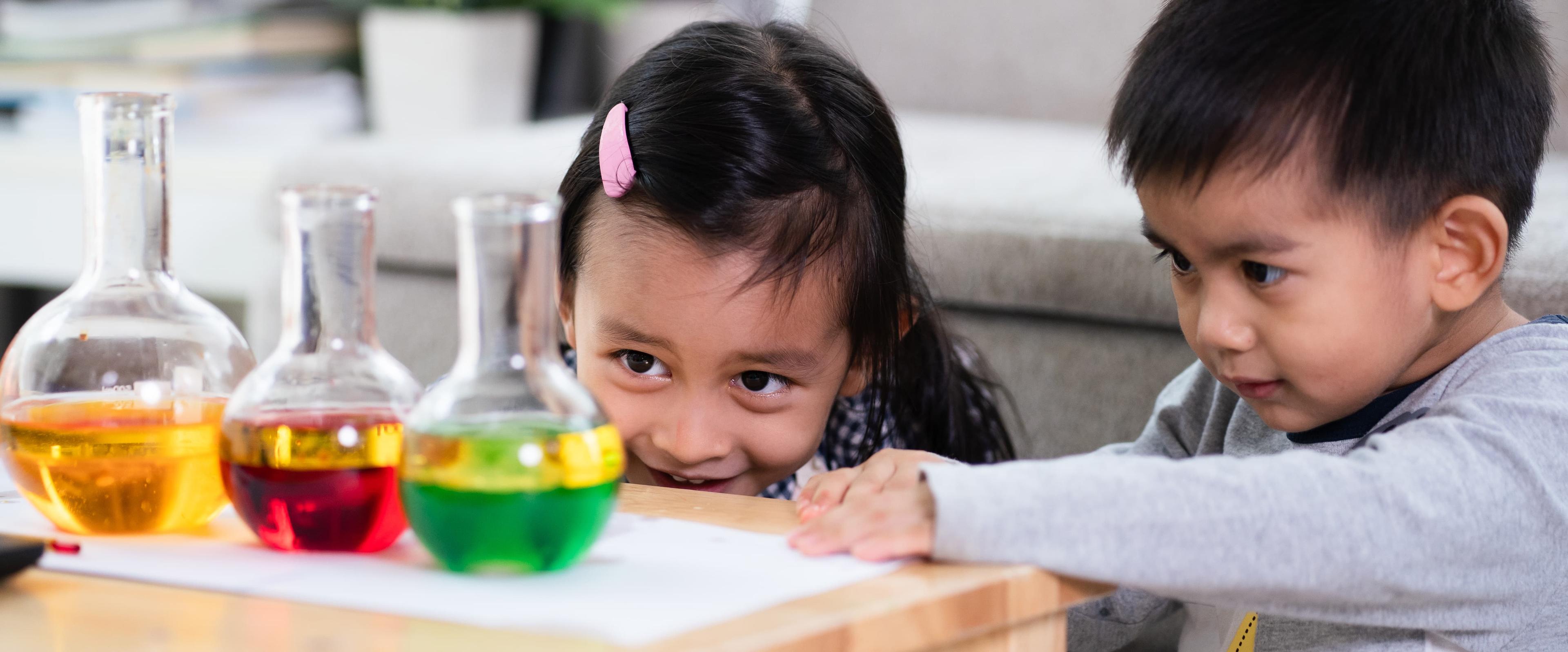Maria Montessori, an Italian physician and educator, believed that every human being has a common potential for growth and development. However, she also recognised that society and culture can either support or hinder this potential.
In her educational approach, Montessori emphasised the importance of recognising and nurturing the two poles of humanity:
- spiritual pole
- material pole

Spiritual Pole of Humanity
Montessori believed that the spiritual pole of humanity represents our innate potential for creativity, imagination, intuition, and moral consciousness. She believed that every human being has a spiritual potential that can be developed through education and experience.
Montessori's approach to education focused on nurturing the spiritual pole of children, and helping them to develop their innate potential for growth and creativity. She believed that children have an inherent drive to learn, and that their natural curiosity and desire to explore should be encouraged and supported.
Material Pole of Humanity
The material pole represents the most basic level of human existence, and is associated with the body and physical needs.
Difference between children and adults to their approach on work:
Montessori observed that "the child works for the pure pleasure of activity, to satisfy himself, while the adult works to accomplish some external end." This means that children are naturally motivated to engage in activities that interest them, and they find satisfaction in the process of learning and exploring. Adults, on the other hand, tend to focus on the end result of their work, and are often motivated by external rewards such as money or status.
Benefits of nurturing the two poles:
- can help children to develop into confident, creative, and self-directed individuals.
- can help them to develop their innate potential
- can help build a strong foundation for future learning and growth.
In conclusion, Montessori's concept of the two poles of humanity highlights the importance of recognising and nurturing our innate potential for growth and development. By focusing on the spiritual pole and supporting children's natural curiosity and desire to learn, we can help them to develop into confident and self-directed individuals who are well-equipped to navigate the challenges of the modern world.

